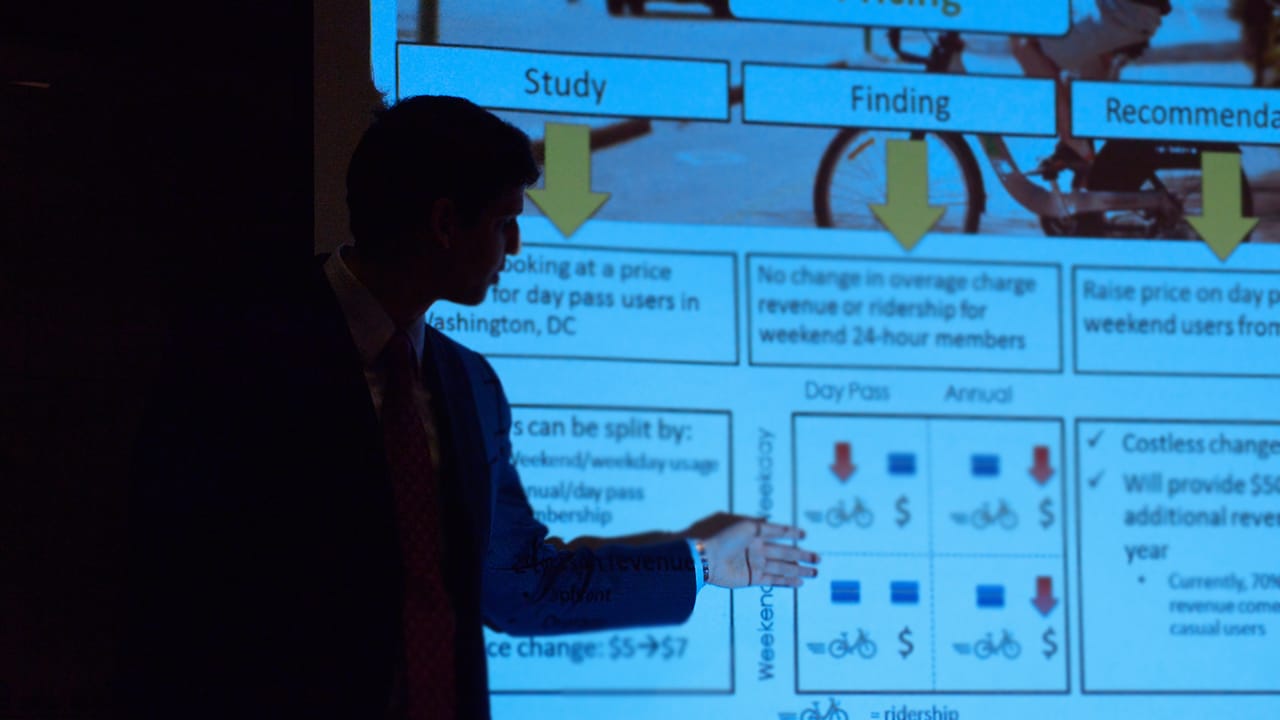Harvard students are at the forefront of shaping solutions to pressing problems.
The HKS Student Policy Review empowers them to share their policy research, insights, and opinions.
The views expressed in The HKS Student Policy Review are those of the author(s) and/or interviewees only, and do not represent the views of the Shorenstein Center, Harvard Kennedy School, Harvard University, the editors of The HKS Student Policy Review, or any of its affiliates. All content is edited and published by Harvard students.
-
Business and Regulation
Too Many Cooks in One Kitchen? The Question of US State Regulation over the Crypto Market
04.25.24
Read MoreWith the US Congress unable to pass crypto legislation, state regulators have been taking over the field. As a result, there are discrepancies and differences among US states, negatively impacting consumers and companies. Within a global crypto market, multiple states regulating in the absence of singular, Congressional action is hurting both consumers and businesses.
-
Poverty, Inequality and Opportunity
An Effective Public Private Partnership Solution for Addressing Sanitation in Slums: The Suvidha Centers in India
04.25.24
Read MoreOne model to provide sanitation in India’s slums is Suvidha (‘convenience’ in Hindi) centers: modern and large community water and sanitation complexes. The centers provide an important service to the community, provide employment, build capacity among workers and are financially sustainable.
-
Education, Training and Labor
Making a Case for the Right to Preschool
04.23.24
Read MoreHigh-quality early childhood education has life-long academic, developmental, and social impacts, but access to early childhood education differs substantially for children from different backgrounds. This disparity poses a complex issue: do children have a right to publicly funded preschool?
Explore all Articles
Filter by–Topic
Filter by–Region
Filter by–Country
Search by–Keyword

Citgo at a Crossroad: Venezuela’s Oil Socialism Comes to Roost
04.15.24
Looking to the future, a democratic Venezuela should unleash its animal spirits and open the country’s mineral wealth to foreign direct investment without national ownership requirements. Privatization and economic liberalization are essential to secure the $58 billion needed to restore crude output to pre-oil socialism levels.

Women and AI: Overcoming Potential Bias and Optimizing the Best of Both Worlds
04.15.24
Women and girls are essential to the efficiency of AI’s future. In order to optimize the full unique capabilities of AI, it is important that the full range and spectrum of women is represented at the different stages of AI development to deploy optimal AI solutions and efficiencies to address societal challenges and ultimately achieve social and economic progress.

Global Governance on Impact Investing and Accounting: A Strategy for Developing Global Standards
04.10.24
Impact investing can be a game changer in solving social problems. Yet, the lack of impact accounting standards enables investors without any social impact to disguise themselves as “impact investors” to improve the image of the company.

The Cross-Border Interoperability of National Digital Payment Systems as a Gateway to Economic Development
04.9.24
Enhanced coordination and cooperation between governments, financial regulatory bodies, central banks, and other industry stakeholders is needed to implement the vision of integrating national digital payment systems.

The State of Value-Based Care and Its Potential Effect on Maternal Health Disparities
04.9.24
The U.S. faces a maternal mortality crisis, particularly for women of color. We must take the tools and programs we know work, and broaden them to reach all women in need.

How Can Nigeria Divert Remittance Flows to Formal Channels?
04.9.24
Remittances play an instrumental role in Nigeria’s economy, yet, an estimated 50% of remittances are channeled through informal networks. Newly proposed strategies can enhance Nigeria’s remittance flows through formal channels.
Explore by Region
HKS Featured Topic
Science, Technology and Data
How are dramatic developments in science and technology changing the public sphere? Can data be harnessed for the goal of good governance? What is the future of privacy?

Join the HKS Student Policy Review–
to research, write, and learn about policy in a new way. We offer Harvard students an opportunity to engage with the most important policy issues of our time, across a whole range of topics and regions.







